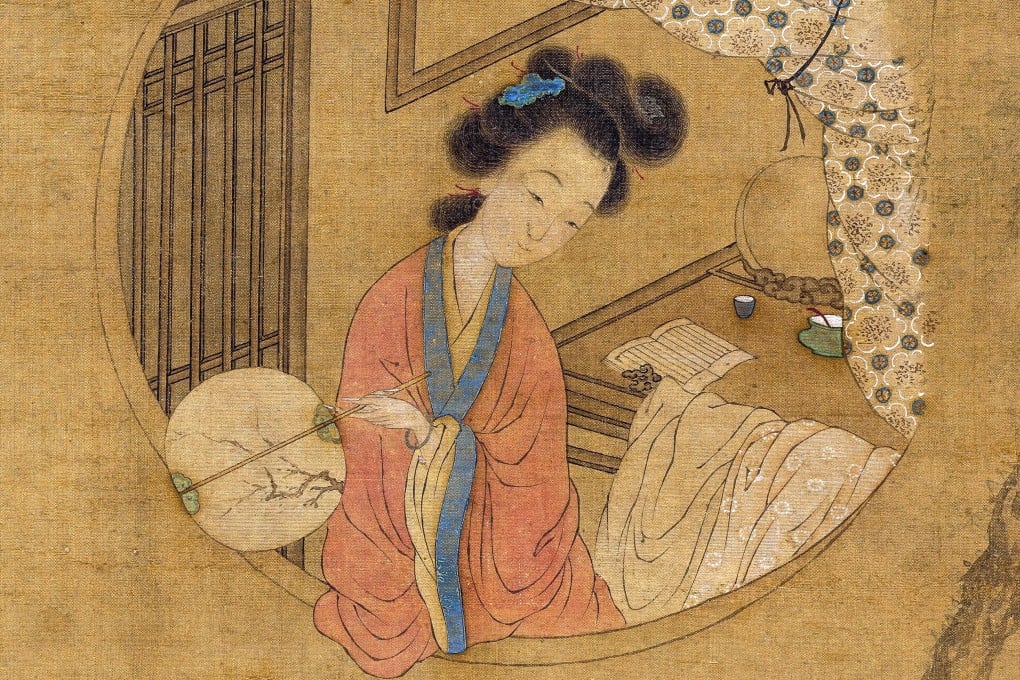Sold from one man to another, 3 Chinese women central to cultural and literary life in Ming dynasty China whose arts shone
- Liu Rushi, Chen Yuanyuan and Li Xiangjun were three of the ‘Eight Beauties’, famed courtesans known for their poetry, opera and calligraphy
- Author Alice Poon has created a fictional account of the friendship between the three, and the challenges and tragedies they faced

Liu Rushi’s poem A Walk in the Rain on Broken Bridge includes the lines: “If a courtesan’s life is slated to be a cold blustery dream / Won’t you, wind and rain, be kind and swaddle me in warmth?”
Liu was a published poet at the age of 17. By the time she was 25, four collections of her work had been released in China and she was an established name, as well as a well-known painter. These were extraordinary achievements for a woman sold as a concubine at the age of 13 in the mid-1600s, the last years of the Ming dynasty.
Author Alice Poon, who was born and raised in Hong Kong, has written a novel based on Liu’s life and those of two other artistic women, a trio known for their poetry, opera and calligraphy. She has created a fictional account of the friendship between the three, and the challenges and tragedies they faced, in Tales of Ming Courtesans, published by Earnshaw Books, which was released in June 2020.
Liu, Chen Yuanyuan and Li Xiangjun were three of the “Eight Beauties”, famed courtesans who lived in the so-called pleasure district of Qinhuai in Nanjing – the Chinese capital at the time. They were central to China’s cultural and literary life, and Poon was keen to give the women a voice so they would not be forever remembered as minor characters in historical narratives written by men.
“Very few women would go [down in] history [in China],” says Poon from her home in Vancouver, noting that apart from a few empresses, historical works about China have a distinctly masculine tone. “History is written by men and is all about men; that is how Chinese history is … Literary works are the only sources where you can find details about [women’s] lives.”
